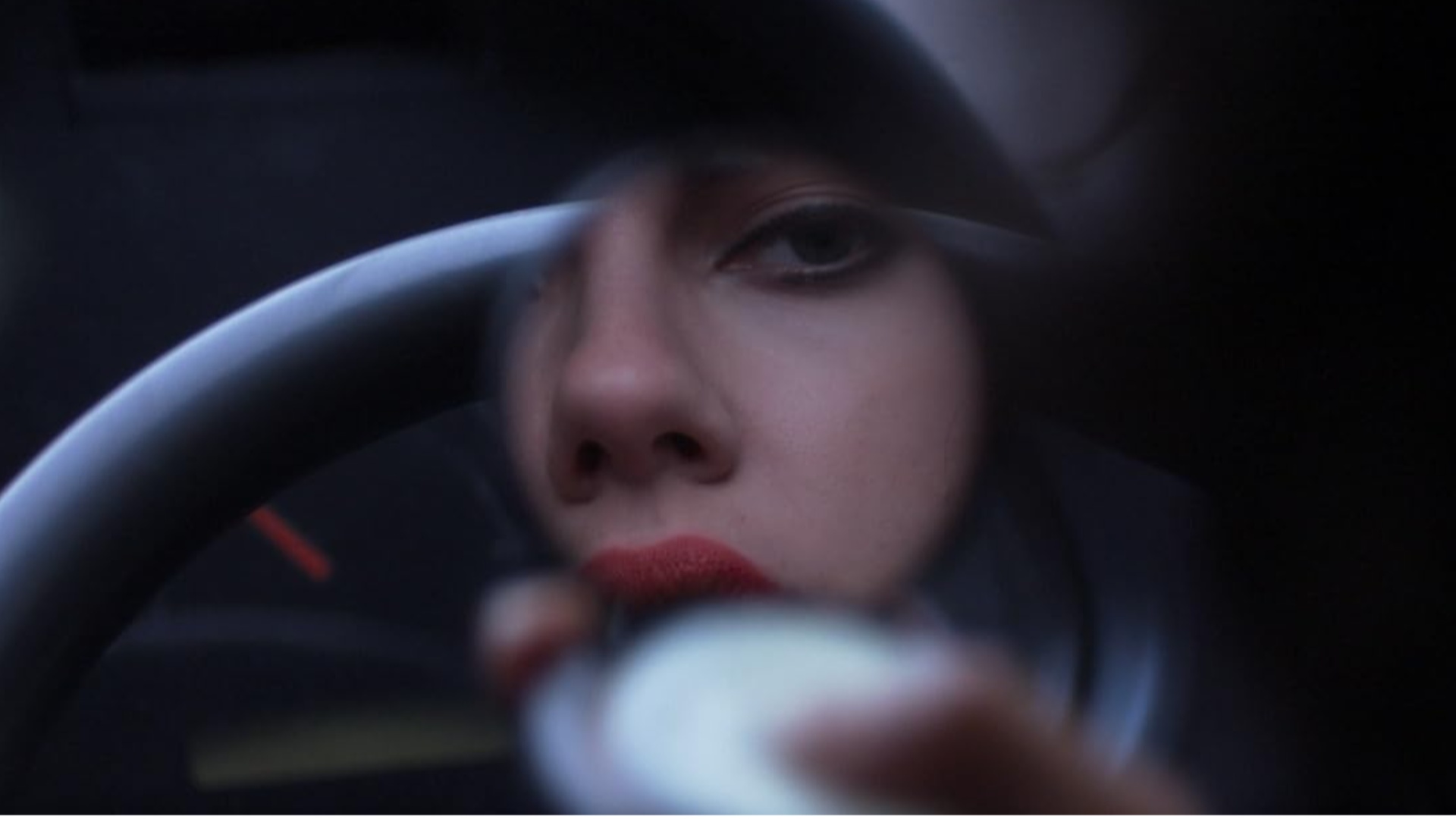
In Under the Skin, a beautiful woman prowls the streets of Glasgow from the driver’s seat of a van. Men take one look at her in a faux fur coat and coral lipstick, and, deeming her unthreatening, climb in without hesitation when she offers them a ride. She doesn’t have to hunt – the men come to her. They have no idea that they’re about to meet a grisly end in an alien void.
That woman, credited only as the Female, is played by Scarlett Johansson. The role was a change of pace for the actor, whose other releases around the same time included family-friendly Hollywood fare like The Avengers and We Bought a Zoo Under the Skin, by contrast, was an independent British film that featured a cast of predominantly non-actors as opposed to A-listers like Matt Damon and Robert Downey Jr.
Premiering on August 29, 2013, at Telluride Film Festival, a screening at Venice Film Festival promptly followed in early September, where the movie received mixed reactions.
“It was one of the worst screenings I’ve attended; it was the only time the audience booed a film,” Alberto Barbera, the festival’s artistic director, recalled in a recent interview. “Scarlett was almost in tears. I tried to say to her: ‘Don’t worry, in time the film will be recognized.'” It was a box office bomb, too, making $7 million worldwide against a budget of $13 million.
However, Barbera was right, and Under the Skin went on to reach critical acclaim: the London Film Critics Circle named it British Film of the Year, The Guardian ranked it the fourth best movie to be released since 2000, and it earned a place on Sight & Sound’s longlist of the best movies of all time.

Director Jonathan Glazer played on Johansson’s status as a ’00s sex symbol, subverting our expectations – when the Female undresses, luring unsuspecting men to their deaths, it’s silent and unsettling. Despite the façade of seduction, there is nothing sexual about her naked body. Johansson’s performance is quiet, but not vacant – this character could feel soulless in less capable hands.
Her quest for prey proves unsustainable, though. In one of the movie’s most chilling moments, a couple drowns in the wild grey sea while attempting to save their dog, and their abandoned baby wails, unheard, on the empty beach. The Female walks past the child as she collects the body of a swimmer who tried and failed to help, seemingly unhearing, but it’s a moment that proves to be a turning point for her. She lets her next victim go and abandons Glasgow for the Scottish countryside.
She dabbles in human life, but it doesn’t prove fruitful – when she tries to eat chocolate cake, she retches. When she tries to have sex with a man who offers her shelter and companionship, she stops him before the act can be consummated. She’s plagued with reminders that she’s not human and never will be. But, while pleasure evades her, her otherness fails to protect her from the dangers of our species.
As the movie opens with the lifeless body of a woman being stripped to provide human clothing for the Female, the film ends with the Female’s human skin being ripped from her alien body by a man who wishes her harm. There’s a horrible sense of inevitably to it all, aided by Mica Levi’s score, which is tense to the point of discomfort, with strings in a frenetic crescendo that borders on overwhelming.
Ultimately, it doesn’t matter what lies under the Female’s skin: she can’t escape the moments of pain, joy, and fear that underline the human experience. Johansson encapsulates all of these emotions carefully, quietly, and heartbreakingly – it’s all brand new for the Female, and we don’t doubt that for a second.
For more viewing inspiration, check out our picks of the other best sci-fi movies of all time.







